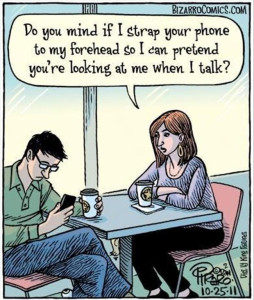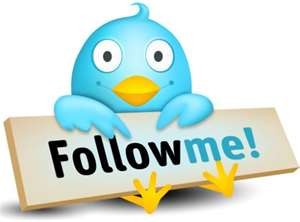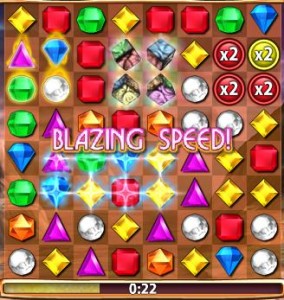Category Archives: SImon & Schuster
Writer Apps for Your Phone
I recently upgraded my cell phone and I love being as connected as I am. It feels as if I could exist on my phone and not be so tied to my desk, work-wise. I get all my emails forwarded to my phone. Even when I am traveling on business, I can stay plugged in, but I’ve discovered new things on my cell phone that I’ve converted to my writer tools. Here are a few:
1.) Camera – I love my camera. When I research locations for my books or look at specific settings, I can take a photo easily and save it to create an image board, for world building. Or I can use the image for a feature I sometimes do on certain books, like my debut book – No One Heard Her Scream – My Story Within a Story. I post a pic on my website and tell something about the location, and include an excerpt, so readers can see the setting I used in the book.
2.) Pinterest – I have a Pinterest app where I can create image boards on characters or setting or evocative imagery that reminds me of the feeling of my book. This is usually something I like to do as I get started with a new book, but this Pinterest app is on my phone and I can add to my boards anywhere I am. This means no camera, just searching the internet and pinning any image to my boards.
3.) GPS – So I don’t get lost getting to locations I want to research, I love my GPS/Navigation app. I used to have a GAMIN navigator, but you had to buy updates. It’s amazing that there are better navigation apps on your phone for free and they are automatically updated. I can also do voice searches. I feel so Star Trek.
4.) Texting – I also love texting now. Who knew? I used to make fun of my niece, telling her that her fingers would fall off from lack of use and she’d only have thumbs if evolution is real. Now my family plays this “GUESS WHERE I AM” game where we send pics of strange places and we all try to guess where the sibs are. It’s like Find Waldo, without the little guy in stripes. As a writer, I can sharpen my “one liner” skills too. Win-win.
5.) Tweetcaster – I love this app, or some version of this. It allows me to set up tweets on a schedule in advance so I’m not tied to Twitter to get posts out. I mainly broadcast post links from the few blogs I belong to, so I can promote my friends blogs and interesting articles for my followers or fellow writers. It’s a great app.
6.) Voice Recorder – This app is NOT to be used while you are driving, but it is great to record quick thoughts to save for later. I have one on my phone, but there is also iTalkRecorder and it is a free app.
7.) Dictionary.Com – What is a writer without his dictionary or Thesaurus?
8.) NameShake – This is an app I’ve heard of but have never used. It allows you to research a name, along with any special meanings or history.
9.) Stanza is a popular ebook reading app that can download off Fictionwise as well as other sites. There are several free apps to download digital content from Amazon, B&N, and others.
10.) GAMES – But where is the FUN, people? When I am waiting for my dentist, Lord knows I need a distraction. I have a very boring Solitaire and I just added Bejeweled Blitz, both free. Okay, no lie. This is a total time suck. Not recommended for serious authors.
What are your favorite apps that you have on your phone? For all you writers on TKZ, what apps have you discovered have become an asset to your writing, rather than a time drain?
PS – I am the Simon & Schuster media escort for John Lescroart this weekend when he signs his latest book – The Ophelia Cut – at the local B&N in San Antonio at the LaCantera shopping center at 7:00 PM on Saturday, May 18. If any of you know John, I’d appreciate a shout out to pass along to him or a funny story. If you are in the area, please stop by and see John. Maybe he’ll bring his guitar and sing, too.






